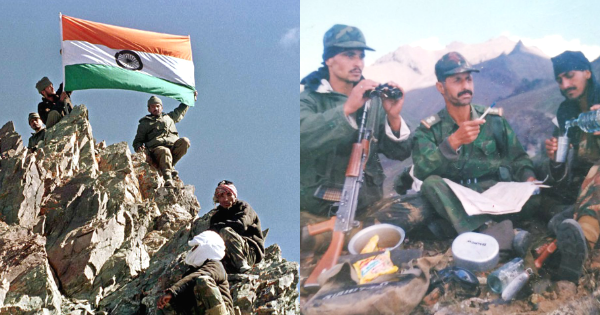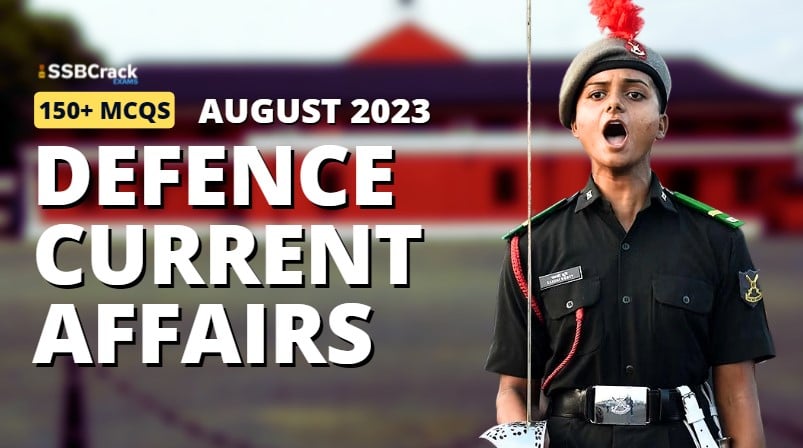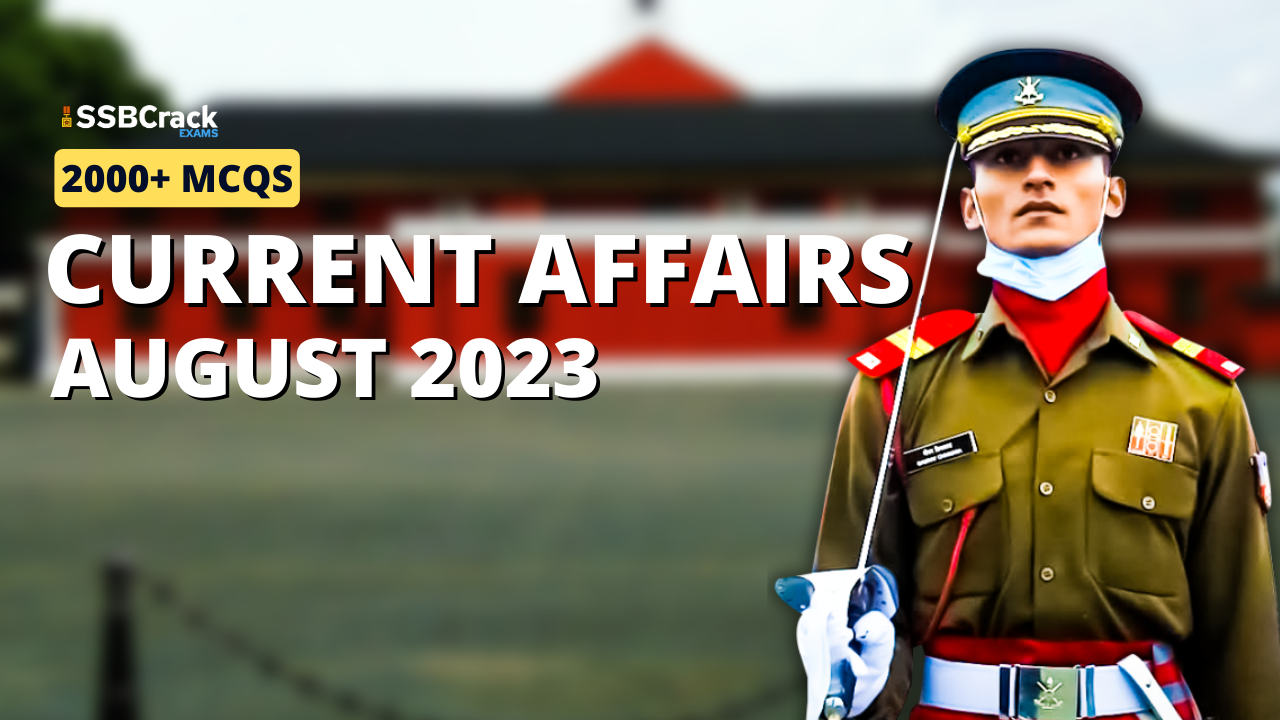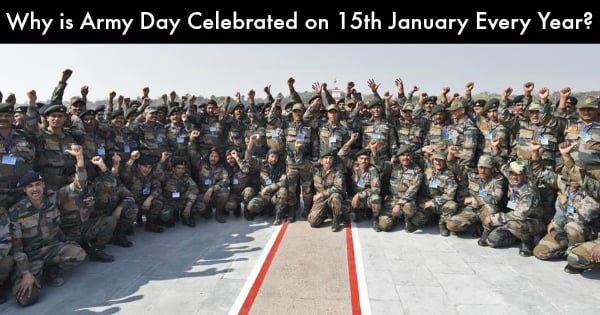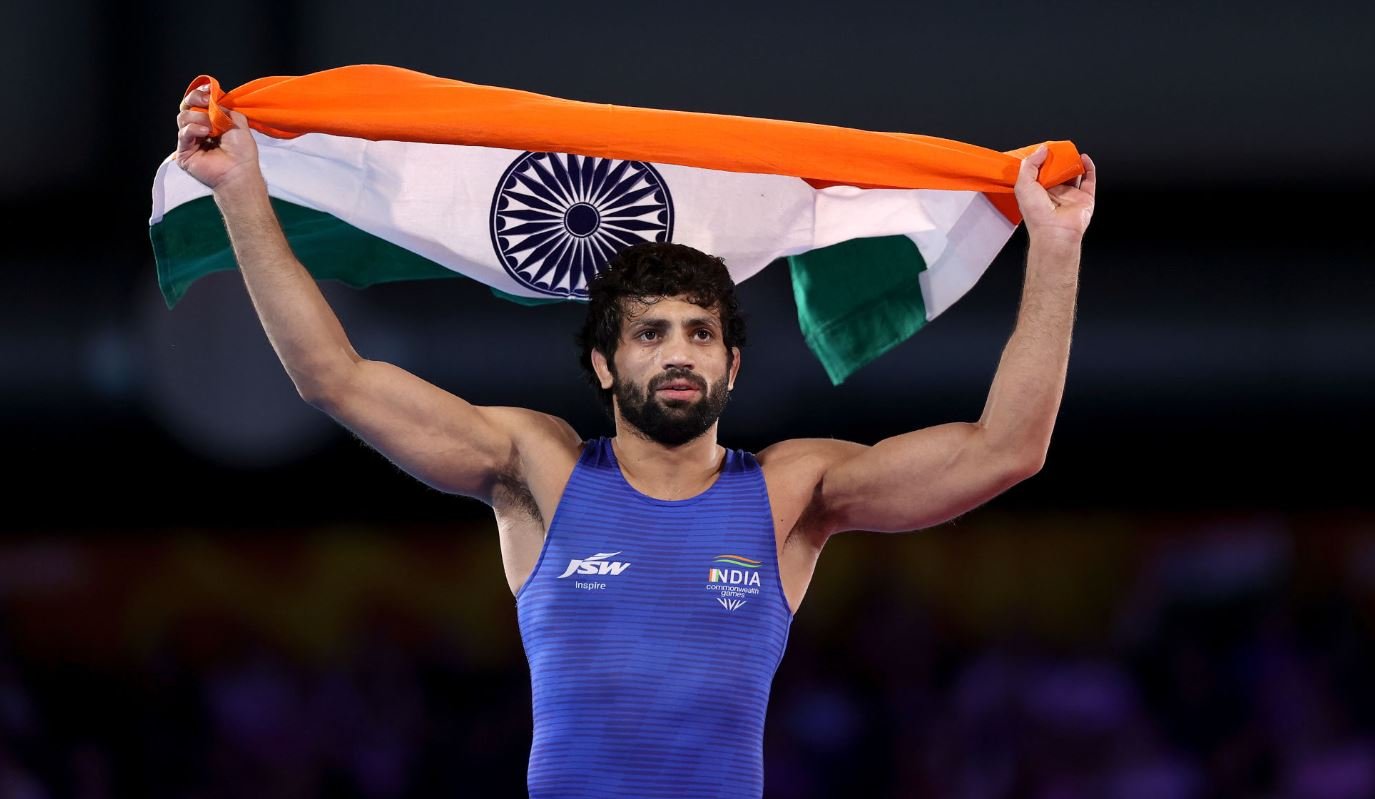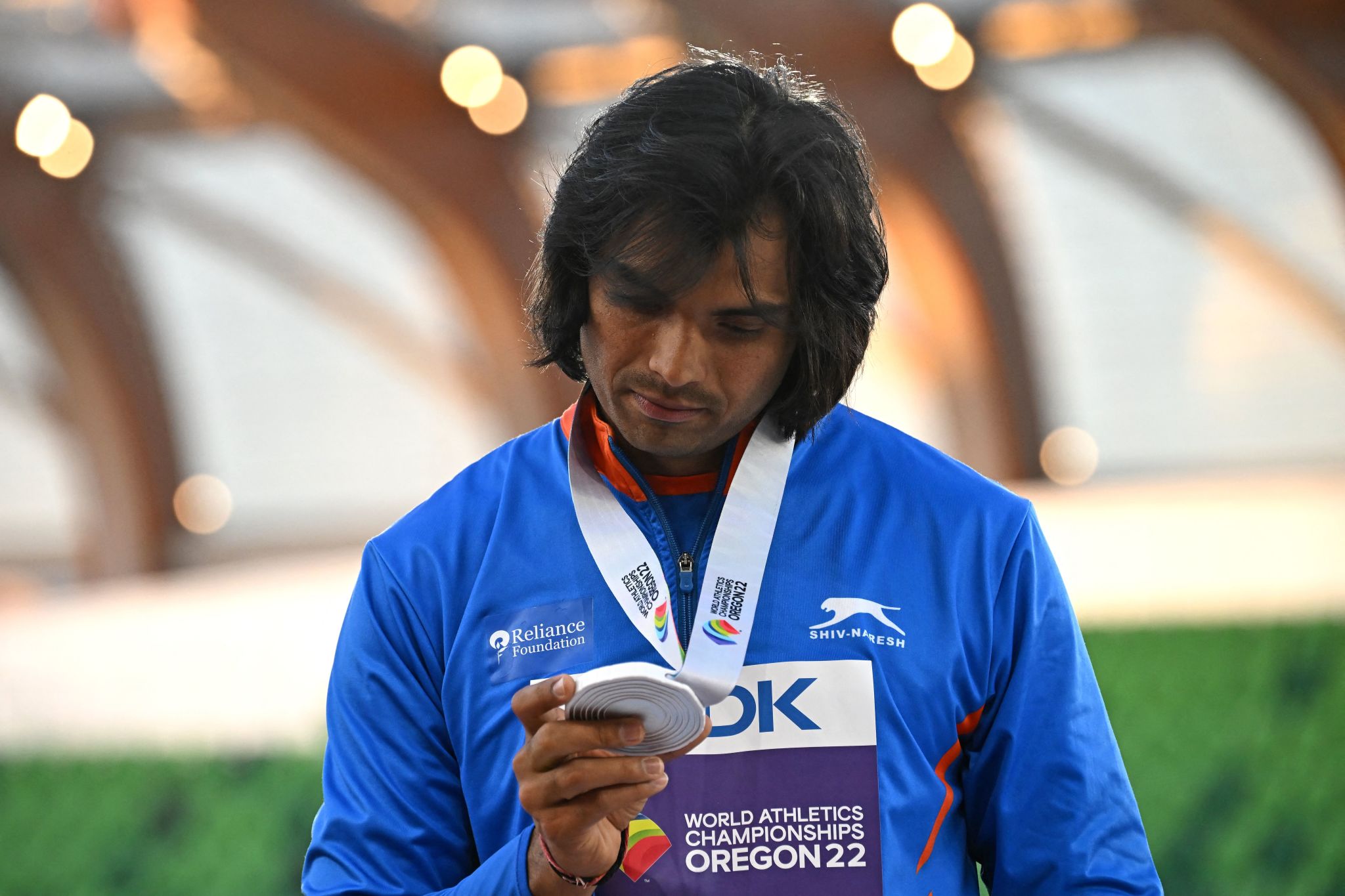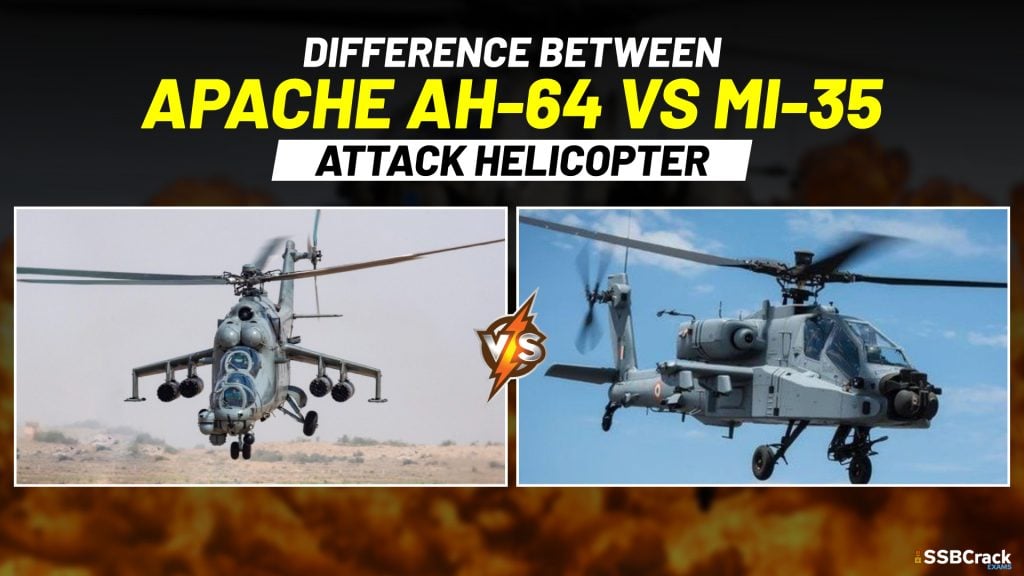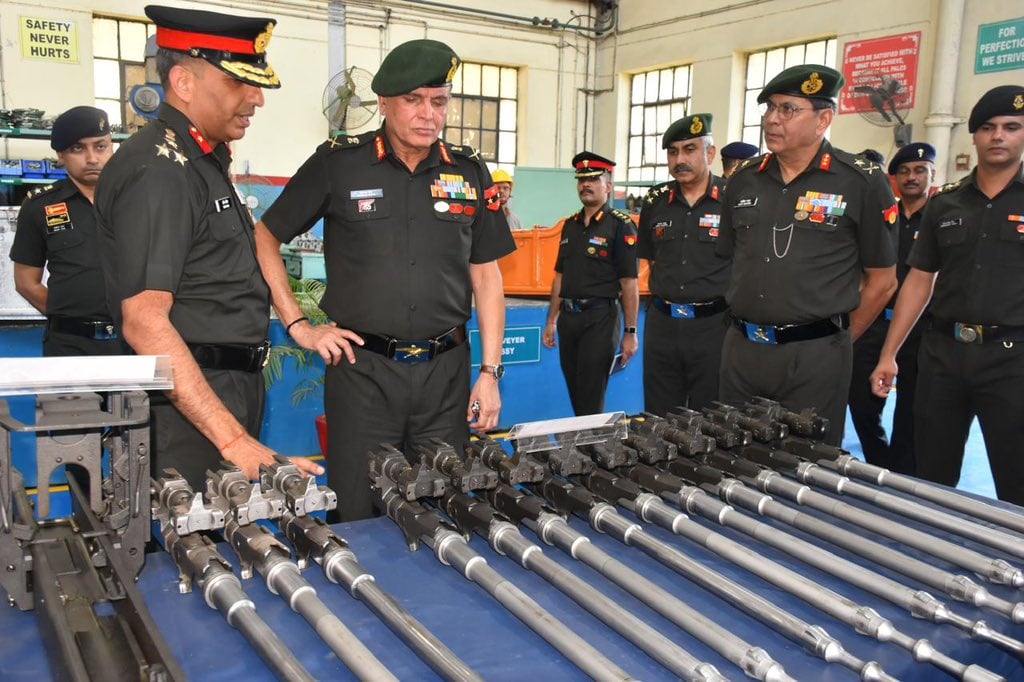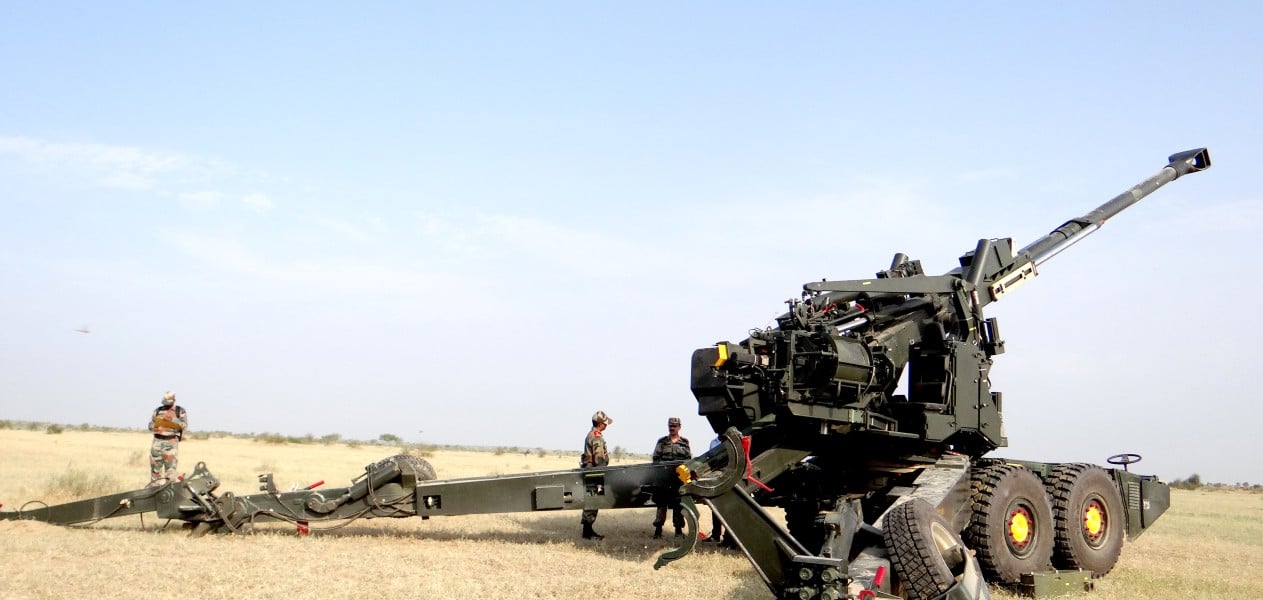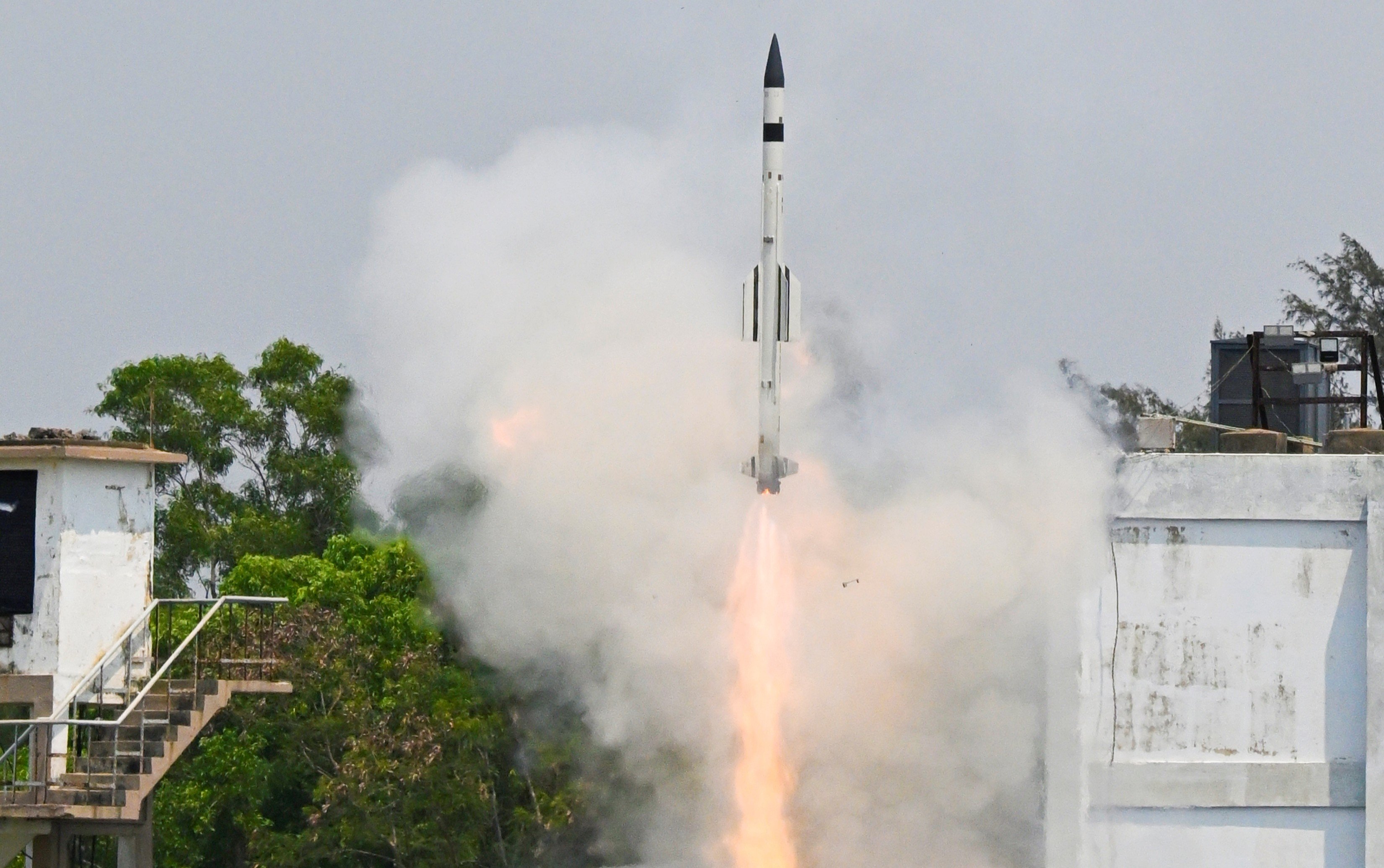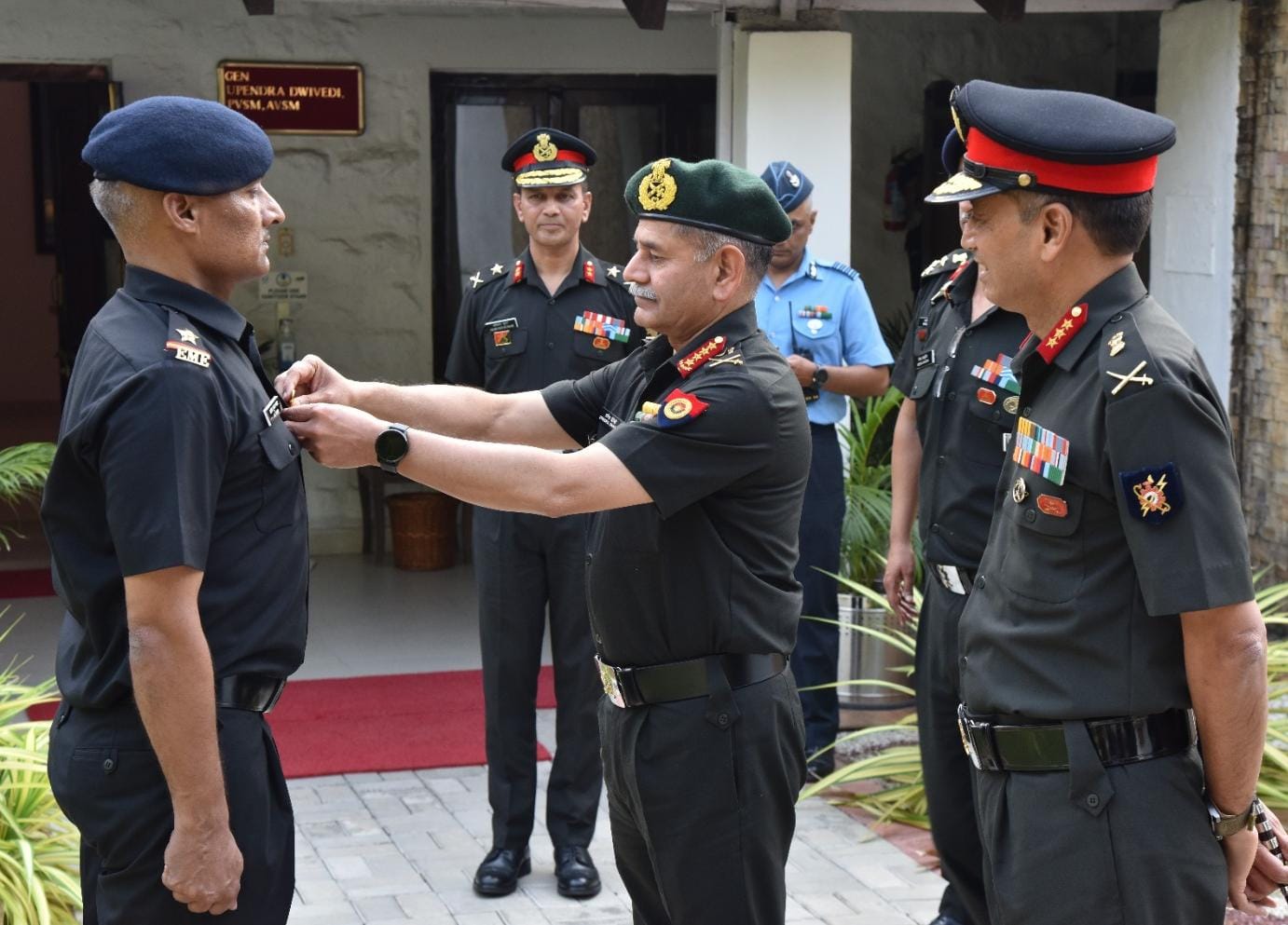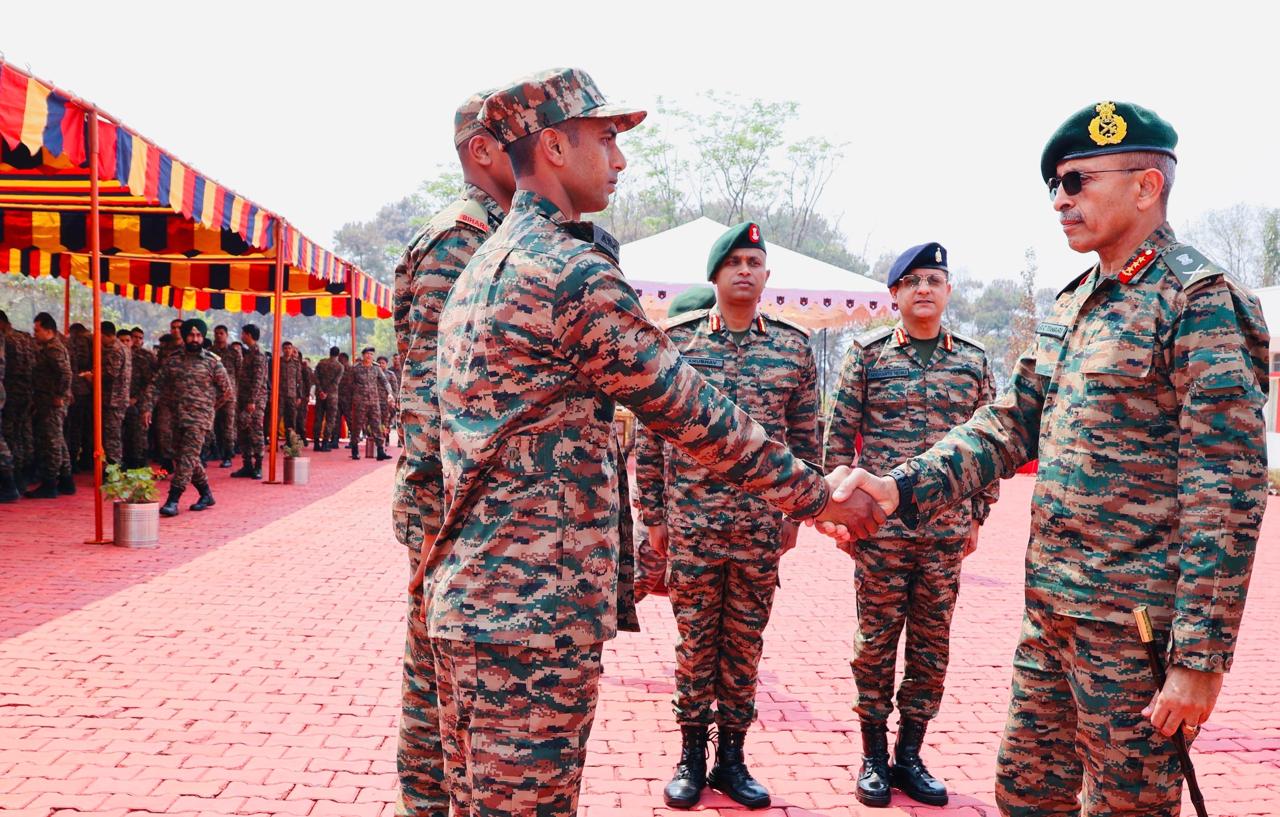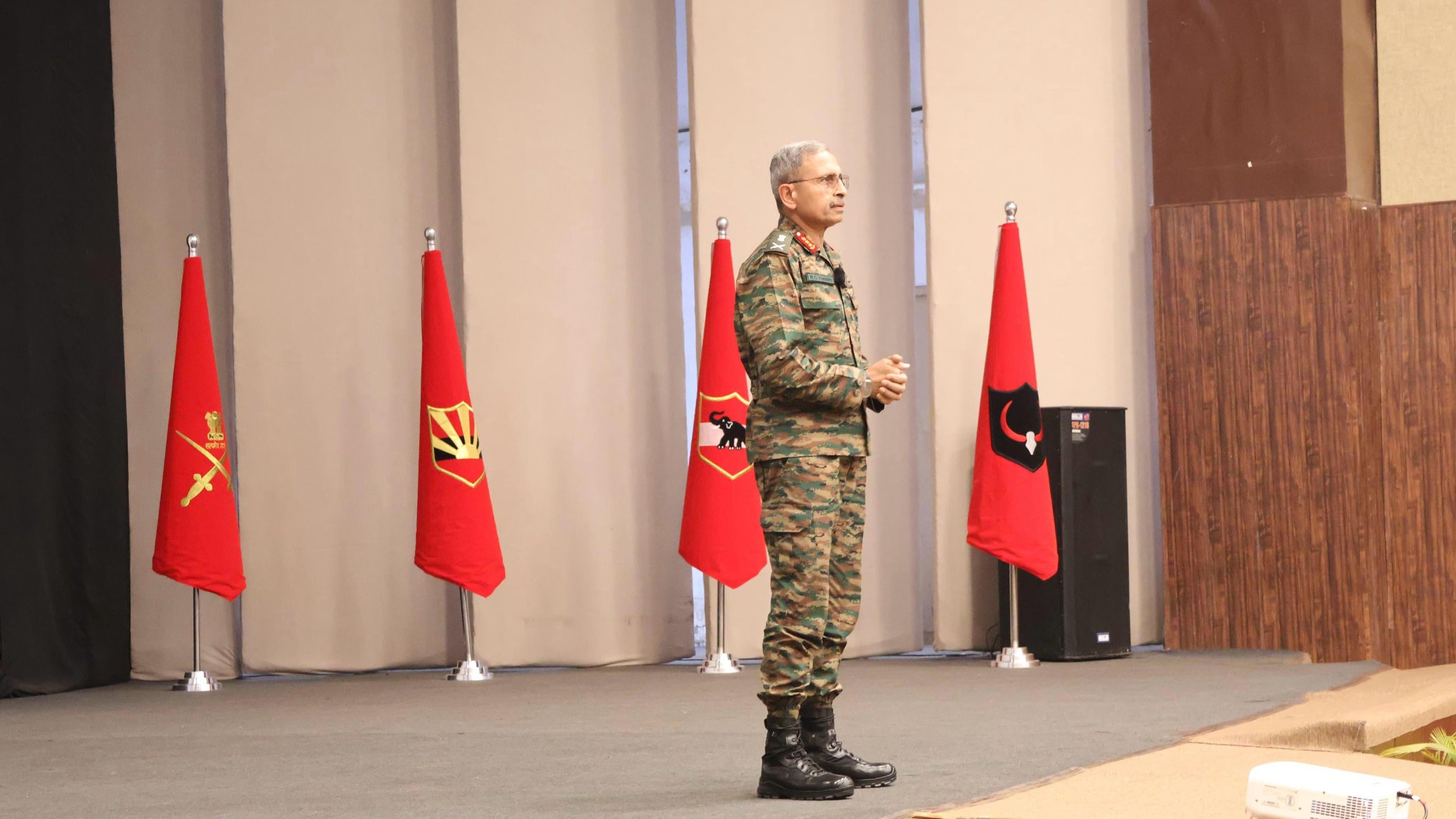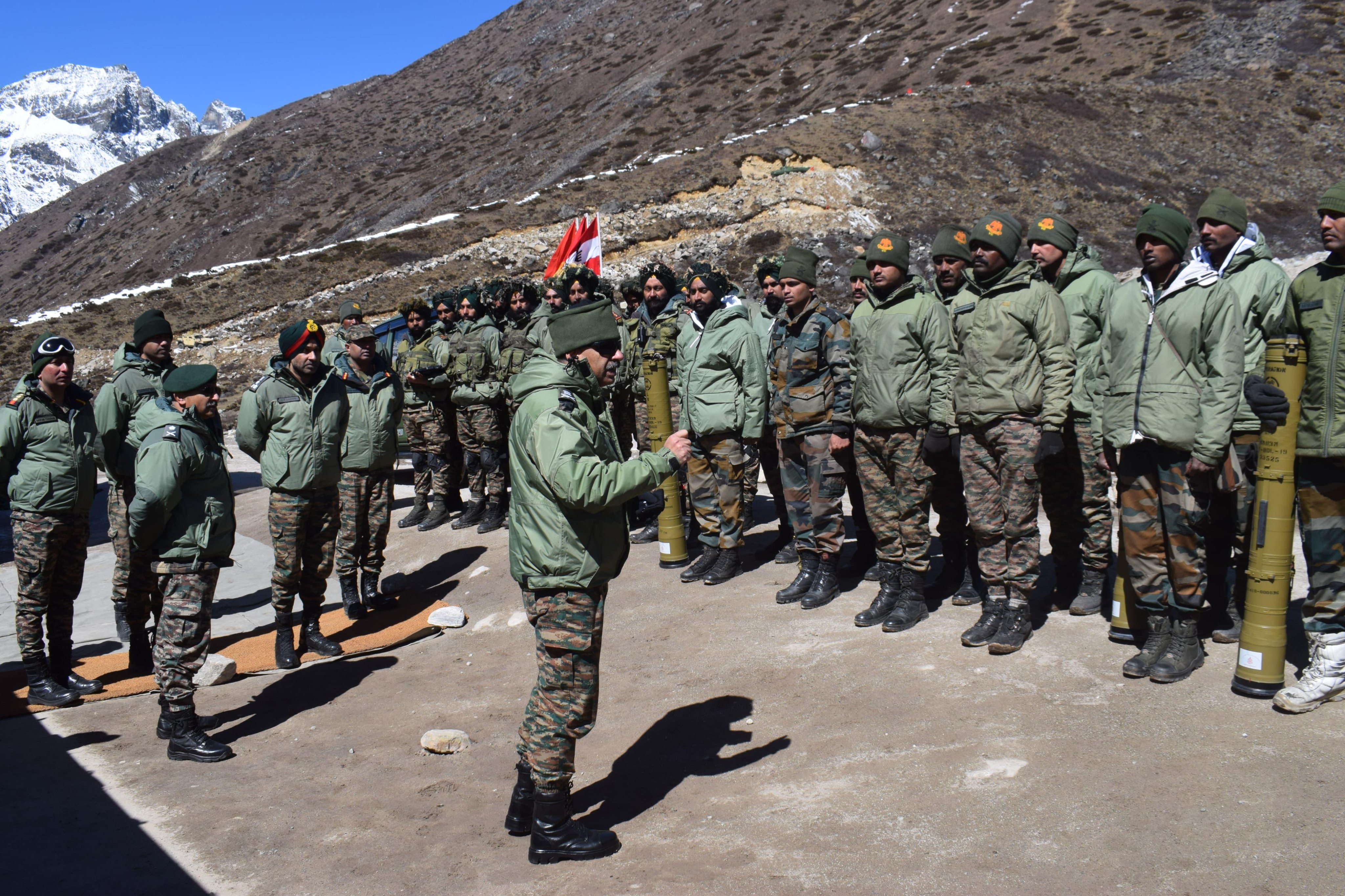“A war is won, not by dying for one’s country but by making the enemy die for their’s” – Gen. George S. Patton. India and Pakistan relations have been strained and complicated since 1947. Needless to say, the various events since, have only complicated it further. Let’s summarize the happenings of the 4 wars and recognize the sacrifices made, to make up for the unscrupulous deeds of a rogue nation.
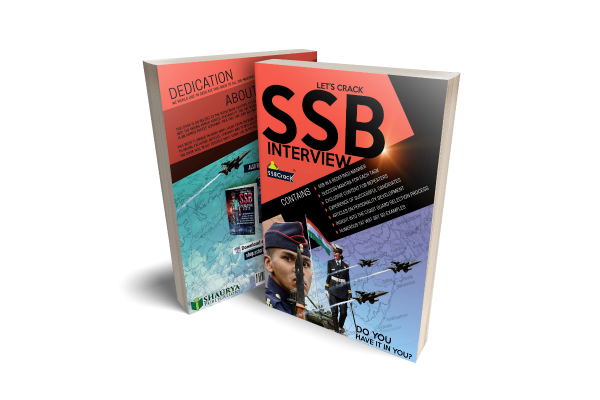
The Indo-Pak war of 1947 or The First Kashmir War
The first war fought between India and Pakistan started in August 1947. After independence from the British, states were given choices of joining either India or Pakistan. Kashmir was ruled by Maharaja Hari Singh but consisted the majority of the Muslim population. Hari Singh decided to stay independent instead of joining either of the countries. This decision backfired after Pakistan launched Operation Gulmarg.

According to this operation, 1000 Pashtuns in groups of 20 each would cross into J&K and attack the valley by teaming up with the rebels. The first attacks took place at Thorar and Muzaffarabad(now in PoK). The destruction caused by the tribals made Hari Singh accede Kashmir to India in return for armed assistance. Airlifted troops of the Sikh regiment recaptured areas up to Poonch and Uri. The invaders supported by the Pakistani army continued abducting and looting the citizens of the territories. The year-long battle came to an end with the UN declaring a cease-fire line which gave two-thirds of Kashmir to India and one-third to Pakistan. Hence, India in the first war with Pakistan was considered victorious for defending two-thirds of the region.
The India-Pakistan War of 1965
Between August and September 1965, Pakistan launched Operation Gibraltar which planned on infiltrating 33,000 Pakistani troops into India. They were convinced that the Kashmiri populace would be discontented with Indian rule. To give a befitting reply, Indian troops crossed the international border thereby officially beginning the war. The 3 Jat regiment played a major role in capturing Dograi which was roughly 1 km from Lahore. It is considered one of the bloodiest clashes in India’s military history. Pakistan’s move to capture Amritsar, by moving towards Khem Kharan resulted in Battle of “Asal Uttar” where 97 Pakistani tanks were destroyed. The result was both countries capturing the territory of the other. Being the largest tank battle after WWII, 128 Indian and 150 Pakistani tanks were destroyed.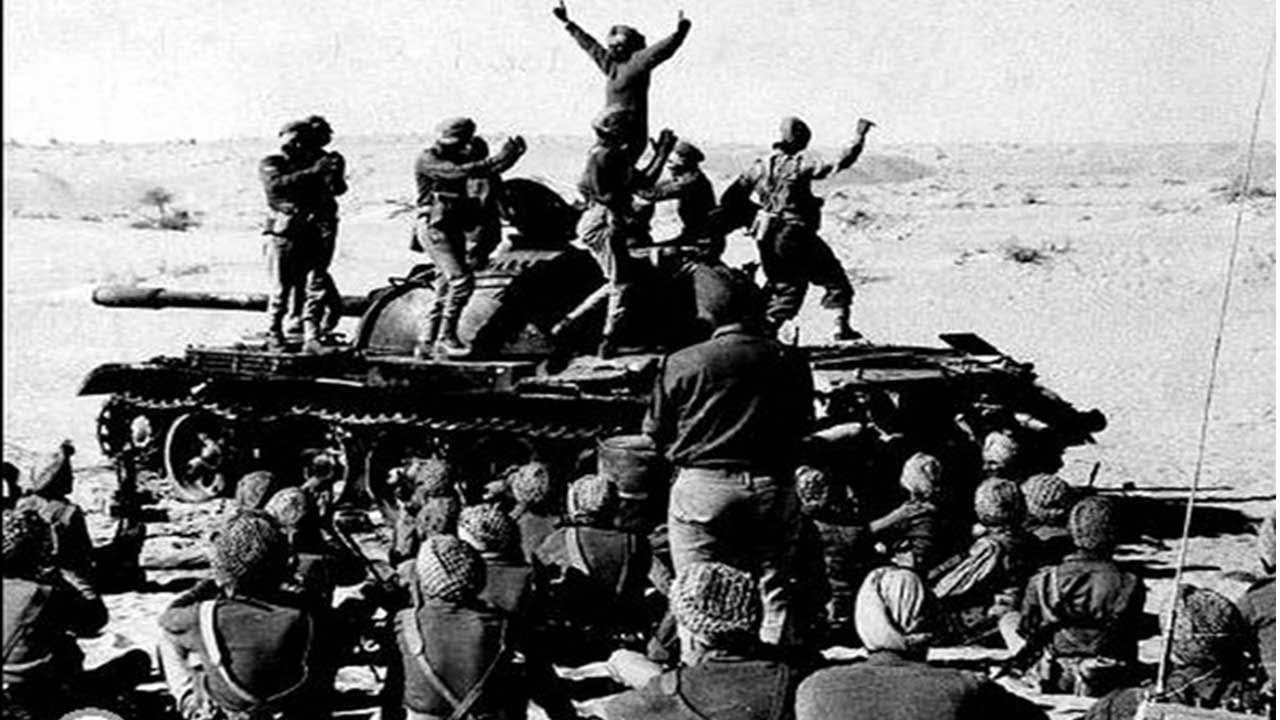
Since independence, it was the first time the IAF and PAF were involved in combat. Pakistan airdropped SSG commandos into India but only 25 returned with some being killed and others, taken prisoners. By the end, India had approximately 3000 casualties while Pakistan suffered in 3800. The war came to an end after the US and the Soviet Union intervened. Indian and Pakistani Prime Ministers signed the Tashkent Agreement agreeing to withdraw troops by 25th February. The end didn’t see a victory, rather a ceasefire. However, Pakistan narrated to their citizens, fabricated stories of their own victory as usual.
The India-Pakistan War of 1971
The third war unlike the previous two was not fought in or for Kashmir. The first Pakistan elections saw the Awami League lead by a Bengali, coming to power. This didn’t go down well because the cultures of two lands miles apart were strikingly different. To overcome the increased power play by Bengalis, West Pakistan launched Operation Searchlight. East Pakistan saw excessive military deployment and those who stood against West were massacred or arrested including the elected leader Sheikh Mujibur Rehman. The increased violence resulted in the creation of Mukti Bahini. India came into play when it received a high influx(approximately 10 Million) of East Pakistani’s fleeing to India.

With the increased burden on the already failing economy, the then Prime Minister Indira Gandhi felt it was feasible to go to war against West Pakistan. Field Marshal Sam Manekshaw (then COAS General Sam Manekshaw) set out conditions for the war that Indira Gandhi readily agreed to. The PAF’s air strikes in various locations in India was seen as an official declaration of war on December 4. IAF retaliated, while Indian Navy too had done their part. Mukti Bahini supporters were secretly trained by India through Operation Jackpot. The war ended with the largest surrender since WWII, by the Pakistan Eastern Command to the Eastern Command of India. It consisted of 90,000 troops and the instrument of surrender was signed between Lt Gen Jagjit Singh and Lt Gen A.A. Niazi on 16th December 1971.
The India-Pakistan War of 1999 or Kargil War
The winter sees abandoned posts on the Indian and Pakistani side due to severe weather conditions. Pakistan began reoccupying the posts in February 1999, along with a few Indian posts. Local shepherd tipped off the suspected movement of armed men in Kargil. The capture, torture and brutal murder of a patrol team lead by Captain Saurabh Kalia lead to the discovery of well-defended enemy posts on hills deep inside the Indian side of LoC. Thus was launched “Operation Vijay”.
Military mobilisation in Kargil-Dras sectors reached 30,000 in number. Pakistan had the advantage of higher terrains while strategically crucial locations like the National Highway was under direct fire. This turned out to be the first priority and hence capturing Tiger Hill and Tololing was a major advantage for the army. Majority of ridges was captured back by the army within two months of the conflict. By July 1999, Pakistan sought international support but was rejected. The U.S urged Pakistan to remove all troops from the Indian side of LoC. The war came to a halt on 26th July (celebrated today as Kargil Vijay Diwas).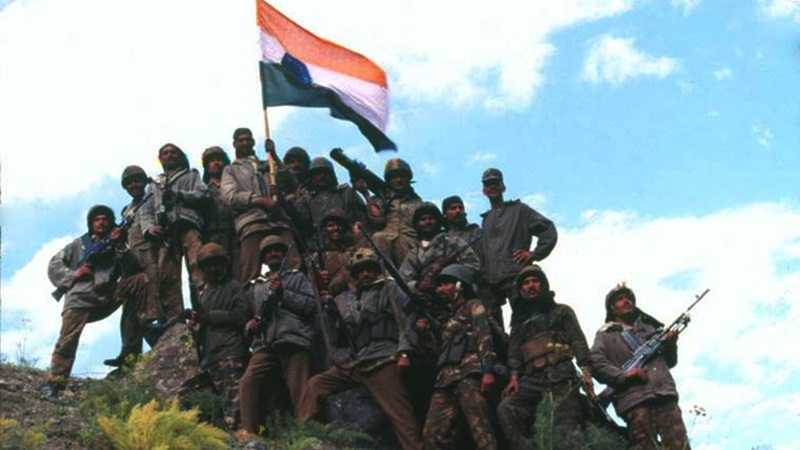
The sour history shared by the two countries don’t seem to come to a halt as Pakistan still continues its infiltration and other operations covertly through state-sponsored terror outfits and another medium. Despite all the trouble from certain neighbour’s of ours, we, Indians are still strong as ever and will continue to fight for our country.
IMPORTANT – Download eBooks for SSB Interview Preparations
- Thematic Apperception Test – TAT
- Lecturette Topics Part-1 eBook [100 Topics]
- Word Association Test – WAT
- Situation Reaction Test – SRT
- Officers Intelligence Test – OIR
- Current Affairs for All
Defence Exams and Interview Books:

